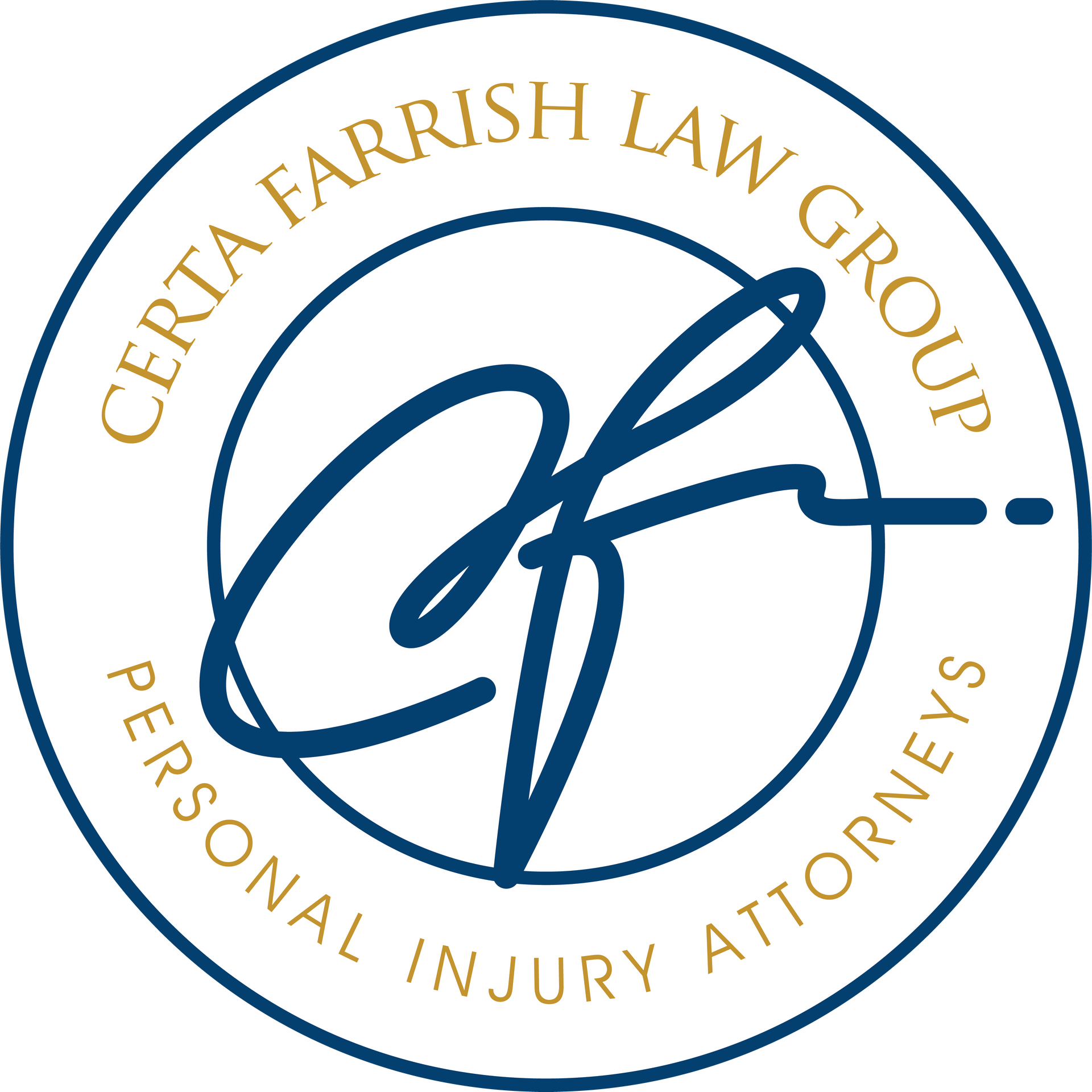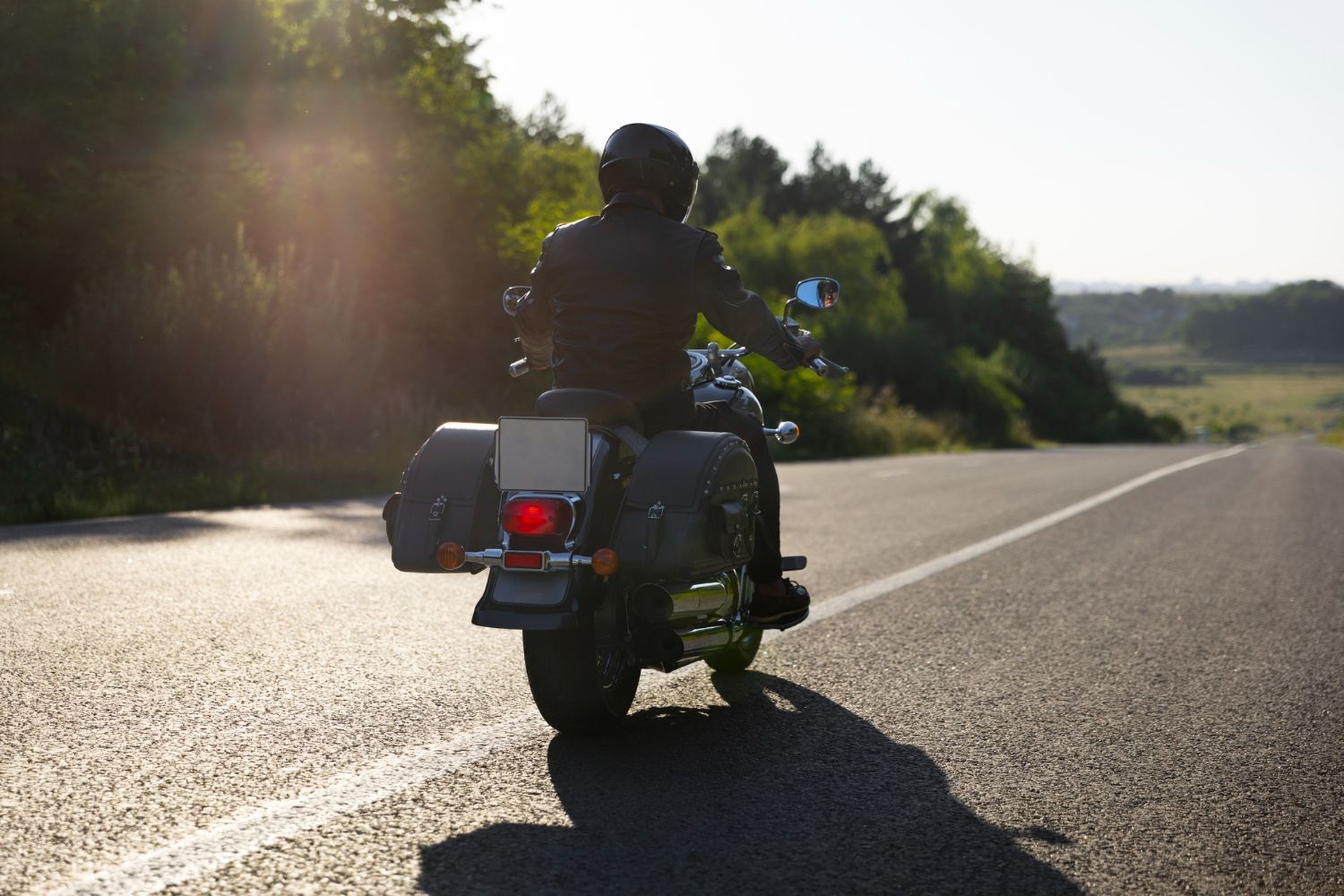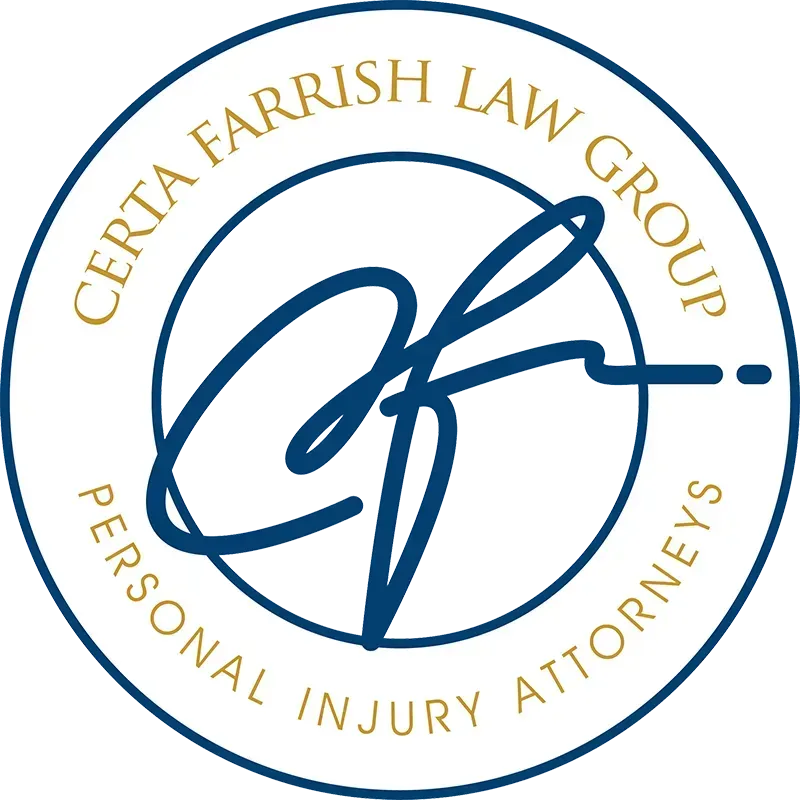When Crash Happens Near Frontier Village
Lake Stevens Motorcycle Accident Lawyers
A motorcycle crash on SR-9, 20th St SE, or near Frontier Village doesn’t just stop traffic—it stops your routine. We help you make sense of next steps: connecting with medical providers, handling insurer contact, and documenting how the crash affects your work and recovery. From slope changes to intersection timing, every local factor matters. For a broader picture, explore
motorcycle accidents, or compare with
Lake Stevens car accidents for passenger-vehicle claims.
Preserving Proof Before It’s Gone
In the first few days, small steps help a lot:
- Photograph the scene (signals, lane markings, debris, sightlines), your gear and bike damage, and visible injuries.
- Collect names of nearby witnesses—think Market Place shops or gas stations along SR-9—and note cameras that might have captured the crash.
- Report basics to insurance, but skip recorded statements for now.
We’ll help with repair estimates, set up a simple log for symptoms and mileage, and make sure medical records are organized from day one.
Challenging Bias With Local Context
Insurers often assume riders take risks. We counter that with context. Our team reconstructs approach angles, slope grades, lighting, and congestion patterns unique to Lake Stevens’ road network. Footage, road measurements, and impact analysis often prove the driver—not the rider—made the crucial error. We build a local, fact-based story that stands up to scrutiny.
Understanding Lake Stevens Insurance and Timelines
Washington’s fault-based system means the liable driver’s insurer typically pays for your losses. PIP can help with early bills and wage gaps; UM/UIM steps in when the driver fled or carried minimal coverage. But while the filing window is usually three years, key data like dashcam files and roadway footage can vanish within days. Acting now keeps your claim from being built on assumptions instead of proof.
Local Support That Fits Your Life
After a crash, recovery rarely follows a straight line. We help coordinate between doctors, insurers, and repair shops—so you don’t have to juggle calls. Whether your commute runs through Frontier Village or your treatment is at a nearby clinic in Everett, we tailor scheduling and paperwork around your day-to-day. Our process is built for real life, not red tape.
What Lake Stevens Riders Ask Us Most
Can a changing slope or poor drainage on SR-9 contribute to fault?
Yes. We often review drainage patterns, slope grades, and visibility on hilly segments near Frontier Village to show that road conditions—not rider error—played a role in the crash.
Does not wearing reflective gear at dusk automatically put the blame on me?
No. Fault depends on the total picture—driver lookout, speed, lane changes, lighting, and your headlight/brake usage. We use photos, witness statements, and visibility details to show whether the driver still failed to yield.
Is it worth pursuing a claim if the driver only caused minor bike damage?
Even a “minor” crash can reveal more damage later—both to the bike and your body. We document mechanical and medical issues early to ensure future repairs or treatments aren’t dismissed as unrelated.
What if I laid my bike down to avoid a crash—can I still recover damages?
You might. Washington’s comparative fault laws allow partial recovery even when the rider takes evasive action. The key is proving why it was the safer choice under the conditions.
Does my helmet or gear type affect fault or payout?
Not usually. Proper helmet use can impact certain damages, but liability turns more on driver conduct, visibility, and right-of-way. We still recommend documenting your gear since it supports the force and direction of impact analysis.


